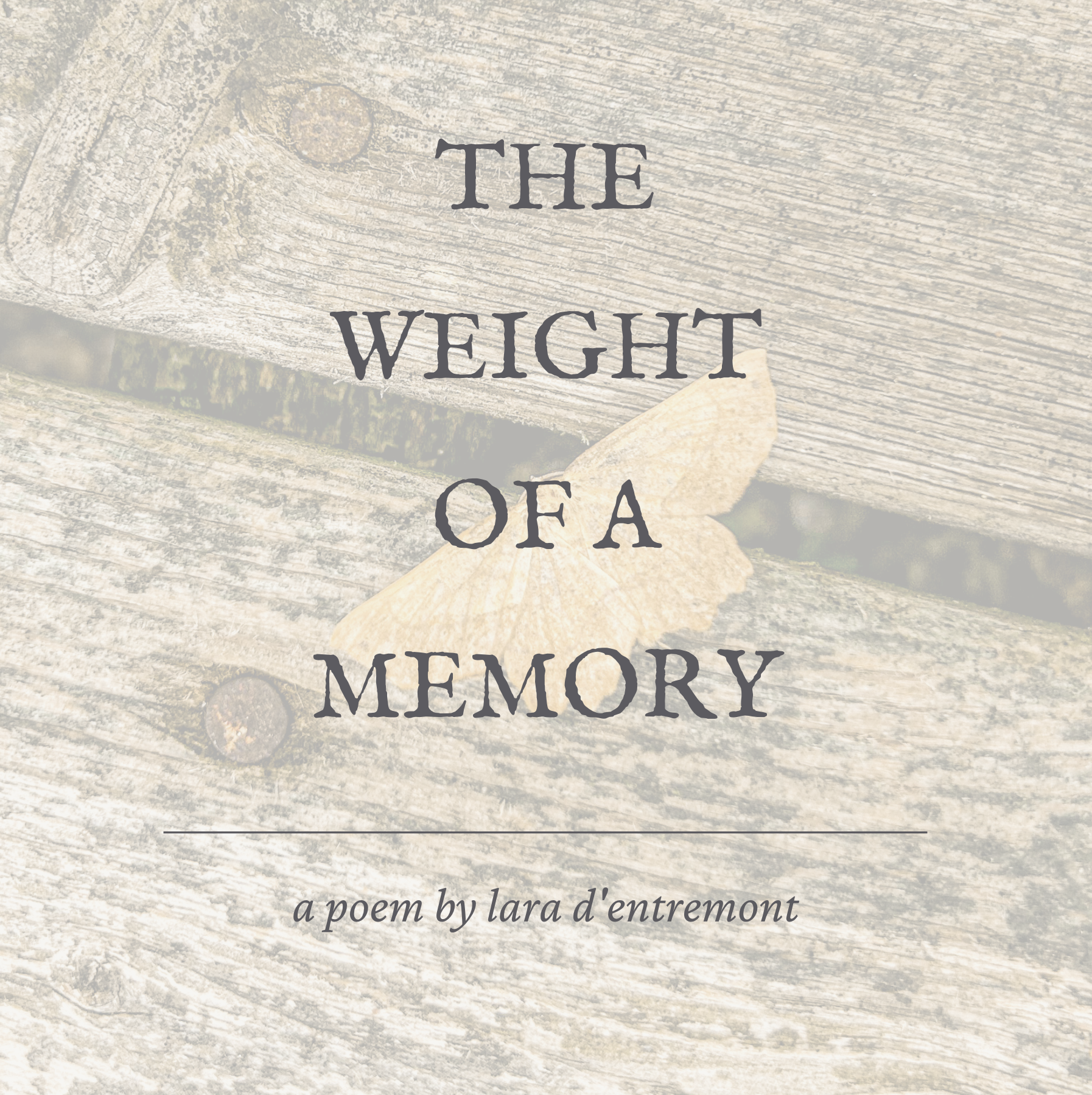How Perfect Love Casts Out Fear
I walked with my four-year-old son to the bookshelf to choose a book for our afternoon read. I eyed up the collection of Beatrix Potter books and the Bible retellings. “What about —”
“The moose! The moosey one!” he said, already pulling the flimsy book from the shelf.
I grimaced. “But we just read that one three times yesterday. Maybe we can read the Velveteen Rabbit?”
“The moose one. It’s my best” (i.e., his favorite).
Having little kids makes it hard to stay too serious. I read what I think is a deep and moving poem to them, meanwhile they are laughing at milk spilling out of one of their mouths. I want to read the serious stories to them, but they bring the silly book about a family trying to get rid of an oversized moose from their yard. Then I prefer the documentary over the sitcom. I roll my eyes at my husband’s jokes and always try to bring the subject back to something more serious.
I think G.K. Chesterton had it right. “It is really a natural trend or lapse into taking oneself gravely, because it is the easiest thing to do,” he writes in Orthodoxy. “For solemnity flows out of men naturally; but laughter is a leap. It is easy to be heavy: hard to be light.”
Chesterton lived between 1874 to 1936, and he knew first hand how easy it is to slip into despair. Trevin Wax noted in his annotated guide through Orthodoxy that in the 1890s, Chesterton tumbled deeper and deeper into despair and pessimism, only hanging onto “the remains of religion by one thin thread of thanks.” It was after pulling himself out of this darkness that he began to write, and Orthodoxy was one of those many works he crafted, and you can see much of his wrestling in this book.
Like Chesterton, solemnity comes a lot more easily to me than levity. Perhaps I’m not alone in this. Rather than a personal preference, solemnity seems to be the nature of us all. But there are those, like my children, who have the uncanny ability to lighten the moment.
Continue reading at Common Good Magazine.






